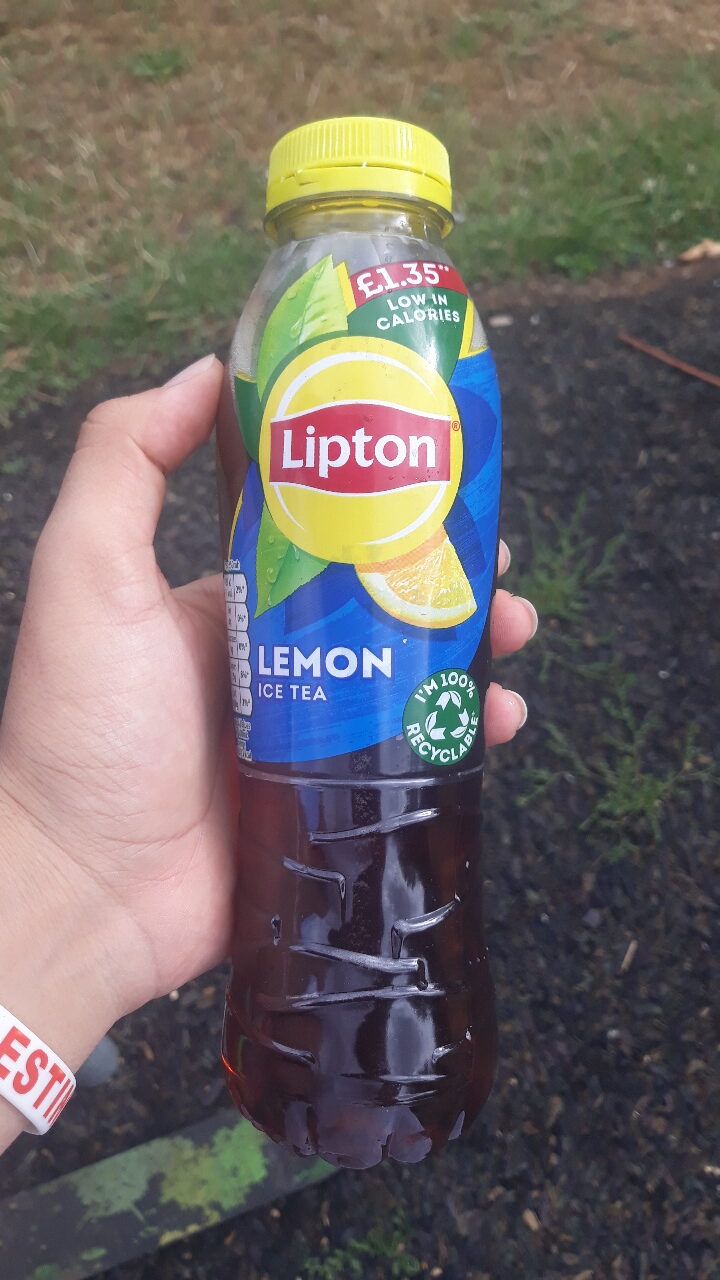
Barcode: 4062139015252
lemon ice tea
HALAL
📝 Reason: Most ingredients in this Lemon Ice Tea are plant-based or common chemical additives considered Halal. However, ‘flavourings’, ‘antioxidant’, and ‘sweetener’ are non-specific and may be derived from non-Halal sources or include alcohol carriers unless Halal certification is provided, making them Doubtful (2) according to Islamic law (Quran 5:3). In Halal food assessment, unclear or potentially Haram ingredients must be regarded as doubtful to protect the diet. Refer to IFANCA and Halal Food Authority guidelines for ingredient verification.
🏷️ Category: Ice Tea, Beverage
📄 Certificates: Low In Calories, 100% Recyclable, Vegetarisch, Vegan
Ingredients:
Details
Is Lemon Ice Tea Halal? Let’s Explore the Ingredients
When it comes to enjoying refreshing beverages, many consumers are conscious of whether their drinks comply with Halal guidelines. One such popular choice is Lemon Ice Tea, which combines the zesty flavor of lemon with the soothing qualities of tea. But is it truly Halal? In this article, we’ll delve into the Halal status of Lemon Ice Tea, explore its ingredients, and provide clarity on any concerns about E-numbers and certification.
Understanding Halal Status
According to Islamic dietary laws, food and drinks must be Halal, which means permissible under Islamic law. The Halal status of Lemon Ice Tea is defined as Halal, which implies that the drink can be consumed without concern. However, while most ingredients in Lemon Ice Tea are plant-based or common chemical additives typically regarded as Halal, some elements warrant further examination.
Ingredients Breakdown
The primary ingredients in Lemon Ice Tea include:
– Water
– Sugar
– Acid
– Citric Acid
– Tea Extract
– Lemon Juice from Concentrate
– Acidity Regulator
– Sodium Citrates
– Flavourings
– Antioxidant
– Ascorbic Acid
– Sweetener
– Steviol Glycosides
Let’s dissect these ingredients further:
Ingredient Analysis
1. **Water:**
This is the primary component of any beverage and is inherently Halal. It is sourced from trustworthy origins without any forbidden substances. [Learn more about Water’s Halal Status](https://halal.guide/ingredient/water/)
2. **Sugar:**
Usually derived from sugarcane or sugar beets, sugar is considered Halal. The only gray area arises if it has been processed with bone char, but standard products do not have evidence of such processing. [More on Sugar’s Halal Status](https://www.ifanca.org/consumer/halal-ingredient-database/)
3. **Citric Acid:**
This natural acid is frequently produced by fermenting sugar and is thoroughly Halal. Its use in various foods and drinks is common. [Read more about Citric Acid](https://www.ifanca.org/consumer/halal-ingredient-database/)
4. **Tea Extract:**
The base of Lemon Ice Tea, tea leaves are distinctly plant-based and thus Halal. [Learn more about Tea’s Halal Status](https://halal.guide/ingredient/tea/)
5. **Lemon Juice from Concentrate:**
Like citric acid, lemon juice originates from fruit, making it Halal. Concentration is merely a dehydration process. [More on Lemon Juice’s Halal Status](https://www.ifanca.org/consumer/halal-ingredient-database/)
6. **Sodium Citrates:**
This ingredient is derived mainly from citric acid and is Halal. It serves as an acidity regulator to maintain flavor balance. [Read about Sodium Citrates](https://www.foodchemadditives.com/products/sodium-citrate/)
7. **Flavourings:**
This is where concerns arise; flavourings may derive from various sources. Natural flavourings might involve alcohol carriers or animal elements. Their status is often labeled as Doubtful unless the manufacturer specifies Halal certification. [Learn about Flavourings’ Halal Status](https://www.ifanca.org/consumer/halal-ingredient-database/)
8. **Antioxidants:**
The term is vague—antioxidants can be plant-derived (e.g., ascorbic acid) or animal-based. Until specific Halal information is given, consider this ingredient doubtful. [More about Antioxidants](https://www.foodchemadditives.com/antioxidants/)
9. **Ascorbic Acid:**
Typically synthesized from plant sources, ascorbic acid (Vitamin C) is recognized as Halal. [Read more about Ascorbic Acid](https://www.foodchemadditives.com/ascorbic-acid/)
10. **Sweetener:**
Like flavourings, sweetener sources aren’t always clear, leading to its classification as Doubtful. Always seek out Halal-certified sources when selecting sweeteners. [Learn more about Sweeteners](https://www.ifanca.org/consumer/halal-ingredient-database/)
11. **Steviol Glycosides:**
Derived from the Stevia plant, this sweetener is firmly Halal. [Read more about Steviol Glycosides](https://www.ifanca.org/consumer/halal-ingredient-database/)
Final Thoughts
Lemon Ice Tea offers a refreshing option for those seeking Halal beverages. However, while most components are Halal, attention should be paid to the non-specific ingredients like flavourings, antioxidants, and sweeteners. Consumers are always encouraged to check for Halal certification when available. This clarity ensures that one can enjoy their beverages without compromising on their dietary principles. Get familiar with the Halal Food Authority guidelines for ingredient verification, ensuring peace of mind in your beverage choices.
In conclusion, Lemon Ice Tea remains a delightful drink for anyone seeking to adhere to Halal standards while enjoying the freshness and zest that this beverage provides.
